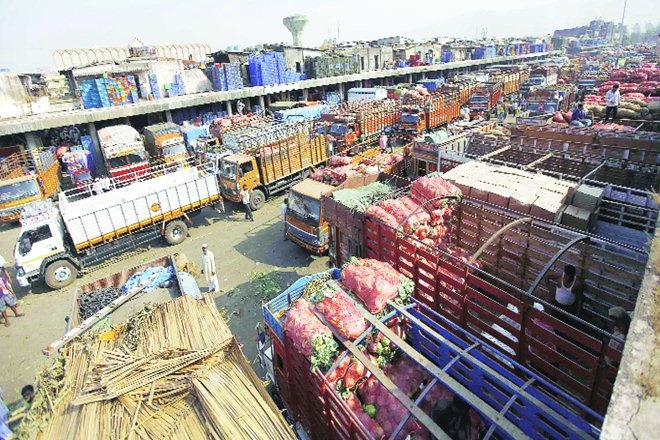Venkata Kondubhatla
The three agricultural bills introduced by the union government, two of which have been passed by the Rajya Sabha on Sunday, have become controversial and the point of debate across the country. The opposition parties, including Congress, Trinamool Congress, BSP and TRS criticized the bills as anti-farmers and pro-corporate sector. The liberalization of agricultural market will benefit corporates and harm the farmers, the opposition parties argued.
Nevertheless, after a lot of chaos and ruckus, the BJP was able to get the two bills through the Rajya Sabha. The BJP will likely introduce the third bill, Amendment to the Essential Commodities Act, in the upper house on Monday.
Shiromani Akali Dal (SAD), Biju Janata Dal and Telangana Rashtra Samiti (TRS) made their opposition to the bills in the house loud and clear. The TRS chief K Chandrasekhar Rao had earlier asked the seven members of his party to oppose the farm bill in the Upper House. Speaking about the farm bill that said farmers could sell their produce anywhere in the country, KCR questioned how is it possible for small farmers to hire lorries and transport their produce to faraway places?
The farmers in the agricultural states like Punjab and Haryana protested in large numbers against the bills, as many feared that the Minimum Support Price would be scrapped. However, Agriculture Minister Narendra Singh Tomar has assured that the MSP would not be removed and that the three bills would ensure that farmers get better price for their produce.
The BJP government and other parties that support the bill like YSRCP havehit back the Congress by saying that much of the reform that the three bills seek was promised by the Congress Party in the 2019 electionmanifesto.
Market committees in farm sector
Politics apart, everyone agrees to the fact the there is a lot of gap between the price at which farmers sell their produce and the price at which the consumers purchase the same produce. All that money (the difference between the what consumer pays and the farmer gets) is ending up in the pockets of middlemen. They dictate the selling price both for farmers and consumers and control the distribution.
The market committees, constituted by the State governments, manage the mandis or markets in the states. The committee members authorize commission agents to manage various procurement and distribution activities. Apart from these markets, no agency can perform wholesale marketing activities.
The farmers will have to sell their produce to these commission agents only. They have to participate in auction and sell their produce if they do not have any connections with the agents. The wholesalers and traders will also have to purchase the produce from these agents. This gives the agents the power to set prices. The agents form cartels and hike the selling prices of the produce.
Further, the market committees collect various kinds of taxes for connecting the farmers with traders. As multiple licenses are required and obtained from Agriculture Produce Market Committee (APMC), there is a scope for corruption as well. All this makes the farm market regulated.
However, there have been a few reforms over the years to the APMC Act. A few states partially or completely removed APMCs.
Liberalization of farm market
The three bills seek to liberalize the farm market. They seek to remove the middlemen and reduce the gap between the farmers selling price and the consumers buying price, thereby allowing farmers to sell at remunerative prices.
The Farmers’ Produce Trade and Commerce Bill seeks farmers can sell their produce anywhere in the country. Then, what will happen to the APMC markets? The markets will exist, but they will be part of the competitive market. The markets are prohibited to levy market fee or cess.
Farmers Agreement of Price Assurance and Farm Services Bill will allow farmers to have contract with any agency or corporate with pre-fixed prices. The farmers will grow crops based on the agreement in the contract and collect the price.
Essential Commodities Amendment Act seeks to de-regulate the supply of produce and allows the central government to regulate the stock limits on certain food items under extraordinary circumstances.
APMCs ensure MSP
Many experts contend that de-regulation may not be sufficient to attract more buyers. Farmers may not be able to sell their produce to other wholesale markets immediately or sign a contract with corporates. The infrastructure will have to be developed and the electronic platform may come to rescue only to some extent.
The APMCs have connections with farmers and traders, and they know how the trading runs. The wholesale trading outside of mandis or market committees without regulation may put MSP in danger. This is the concern of farmers.




